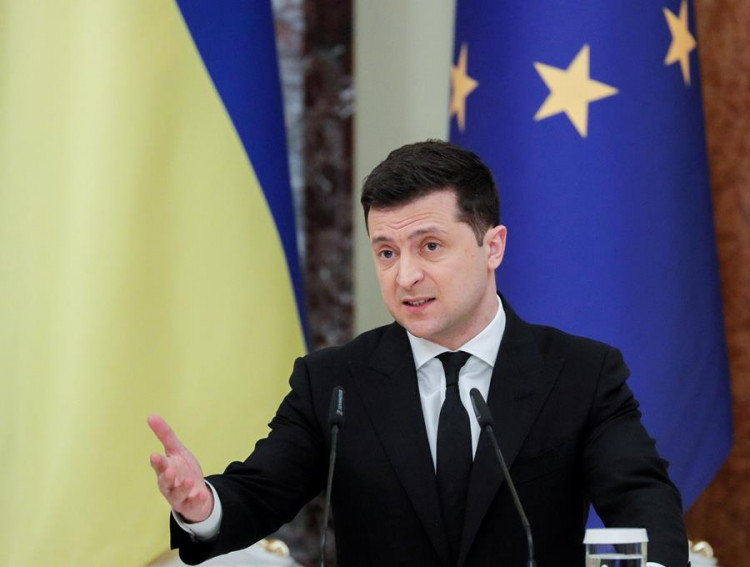On Monday, Ukraine will urge the UN's top court to make an emergency judgement ordering Russia to cease its invasion, claiming that Moscow's argument is based on a mistaken interpretation of genocide law.
Despite the fact that the court's decisions are legally binding and are widely followed by governments, it has no direct methods of enforcing them.
Russian President Vladimir Putin has stated that Russia's "special military action" is necessary "to safeguard people who have been exposed to bullying and genocide" in eastern Ukraine, referring to those whose first or only tongue is Russian.
Putin said he had no option but to initiate the operation, the scope of which was not immediately obvious but looked to go far beyond supporting Russian-backed separatists in eastern Ukraine, in an early morning address on national television.
Ukraine's lawsuit claims that the charge of genocide is false, and that it does not give legal grounds for invasion in any case.
The complaint it has filed with the World Court, also known as the International Court of Justice (ICJ), concerns the interpretation of a 1948 convention signed by both countries on the prevention of genocide.
The ICJ is designated as the forum for resolving disputes between signatories in the treaty.
Putin was "misappropriating and misusing the term 'genocide,'" according to the executive board of the International Association of Genocide Scholars, which published a statement last week.
"There is no evidence that genocide is occurring in Ukraine," the association's president, Melanie O'Brien, told Reuters.
The Russian embassy in The Hague did not respond to questions regarding the matter right away.
In a matter of days or weeks, the ICJ can order "provisional measures" to prevent a situation from worsening while it considers the merits of a case or whether it has jurisdiction.
After Russia's annexation of Crimea in 2014, Ukraine requested temporary measures from the court, and the ICJ urged both sides not to escalate the conflict.
The UN stated on Sunday that the civilian death toll from conflicts in Ukraine since Moscow launched its invasion on February 24 had risen to 364, including more than 20 children, with hundreds more injured.
According to the United Nations High Commissioner for Human Rights, the majority of civilian deaths were caused by the utilization of "explosive weapons with a large impact area, such as shelling from heavy artillery and multi-launch rocket systems, as well as missile and air strikes."
Ukraine will present its case at 10 a.m. The proceedings begin at 0900 GMT on the first day. On Tuesday, Russia is expected to respond.




